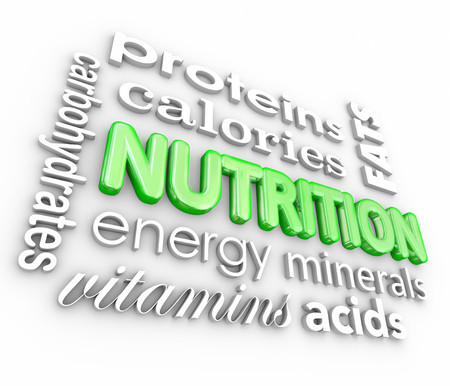Команда iSavta | 13.11.2019

To maintain good health you need to eat the right balance of foods and drink plenty of fluids. Provided no particular food is eaten to excess, and sufficient calories are consumed for the body's daily needs (2750 calories for a physically active man, 2000 for a physically active woman), your diet should be well balanced.
What Your Body Needs
Protein - Proteins supply the body with the amino acids that are required to build new protein. Animal foods provide all the essential amino acids, while plant foods need to be combined.
Carbohydrates - These are starches or sugars and are the body's main source of energy. Starches are broken down into single molecules by the digestive systen before being absorbed into the bloodstream, and often contain beneficial fiber. Sugars are absorbed rapidly, supplying an instant, but short-term surge of energy.
Save More. Pay Less. Send Through Rewire Now!
Fats - These are a good source (especially for those who have high energy requirements, such as the elderly) and are an essential component of the body's cells. However, saturated fat in particular should be eaten in moderation due to the risk of heart disease and obesity.
Vitamins and Minerals - These are an essential part of a balanced diet; they help the body to function properly and contribute to overall good health.
Fiber - This passes through the body unchanged and is essential in preventing bowel and digestive problems.Fiber is also filling and may, therefore, reduce calorie intake.
What Vitamins Can Do:
| Vitamin | What It Does | Where It Can Be Found |
| A | Enhances normal growth, night vision, protects against infection | Liver, fish-liver oils, egg yolk, dairy products, margarine, oranges, carrots. |
| Vitamin B complex, including B1, B2, B3 | Promotes breakdown of fats, carbohydrates and proteins. Helps to form important body constituents, such as heart and body muscle. | Pasta, bran, wholemeal bread, meat, eggs, beans, cereals. |
| B12 | Helps to form red blood cells and to keep the nervous system healthy. | Offal, chicken, fish, eggs, dairy products. |
| C | Maintains healthy bones and teeth; helps iron absorption. | Vegetables, fruit, especially citrus fruit, potatoes. |
| D | Essential for strong bones and teeth; helps calcium absorption. | Oily fish, liver, milk, egg yolk, margarine; in skin from sunlight. |
| E | Ais formation of red blood cells; slows down cell aging. | Vegetable oils, nuts, meat, green vegetables, cereals. |
| K | Promoted blood clotting. | Green vegetables, vegetable oils, cheese, pork, liver. |
What Minerals Can Do:
| Mineral | What It Does | Where It Can Be Found |
| Sodium | A constituent of salt, it helps to hold water in the body. | Salt, bread, cereals, bacon, ham. |
| Potassium | Regulates the heart; helps the function of the nervous system and kidneys. | Meat, milk, fruit, vegetables. |
| Calcium | Helps blood to clot and keeps bones and teeth healthy. | Milk, green leafy vegetables, beans. |
| Iron | A constituent of the oxygen-carrying pigment of red blood cells. | Liver, meat, egg yolk, wholegrain cereal, nuts, beans. |
| Flouride | Helps to harden the teeth and strengthen the bones. | Fish, tea, coffee, soya beans; sometimes added to water. |
| Iodine | Aids action of thyroid gland, which controls growth and development. | Salt-water fish, shellfish. |


